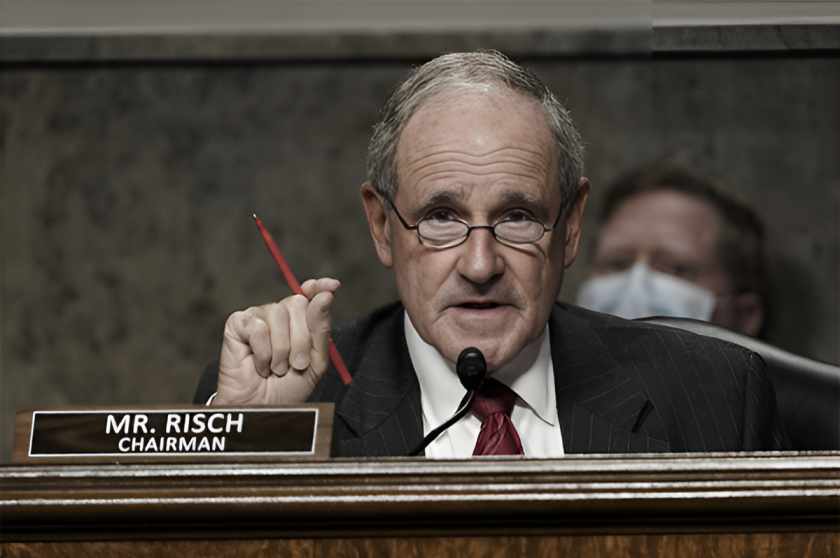U.S. Senate questions Kenya’s loyalty following President Ruto’s China visit

On Tuesday, U.S. Senator Jim Risch, the ranking member of the Senate Foreign Relations Committee, urged caution in dealing with African countries such as Kenya.
U.S. lawmakers are raising concerns over Kenya’s allegiance to Washington following President William Ruto’s recent diplomatic visit to China.
The trip, which took place amid escalating tensions between the U.S. and China, saw Ruto meet with Chinese President Xi Jinping to explore deeper cooperation on infrastructure development, trade, and regional stability.
While addressing delegates in Beijing, Ruto described Kenya and China as more than economic allies—calling them “co-architects of a new global order,” a remark that has further fueled unease in Western political circles.
On Tuesday, U.S. Senator Jim Risch, the ranking member of the Senate Foreign Relations Committee, urged caution in dealing with African countries such as Kenya, citing their increasingly close and “troubling” relationships with China.
Senator Risch singled out President Ruto’s remarks in Beijing, delivered just weeks after his May 2024 visit to Washington, during which the U.S. formally designated Kenya a major non-NATO ally.
“Just last month, President Ruto declared that Kenya, a major non-NATO ally, and China are ‘co-architects of a new world order.’ That’s not just alignment to China; it’s allegiance,” Risch told the Senate Foreign Relations Committee.
He warned that leaning on leaders who openly align with Beijing is a strategic misstep and called for a reassessment of America’s ties with Kenya and other nations deepening relations with China.
Ruto’s visit to the U.S. last year under President Joe Biden was widely hailed as historic, reinforcing Kenya’s standing as one of Washington’s most trusted partners on the African continent.
Kenya’s designation as a major non-NATO ally granted it preferential access to advanced U.S. military equipment, training programs, and defense financing, marking a significant upgrade in bilateral security cooperation.
For years, the U.S. has relied on Kenya as a key partner in its counterterrorism efforts in the Horn of Africa, particularly in operations targeting al-Shabaab militants in neighboring Somalia.
During President Donald Trump’s first term, Washington also initiated negotiations with Nairobi on a potential free trade agreement—the first of its kind in sub-Saharan Africa. These talks have resumed during Trump’s second term, against the backdrop of sweeping tariffs on U.S. imports and with the African Growth and Opportunity Act (AGOA) set to expire this September.
However, Senator Risch contends that the U.S. cannot allow its security and trade partnerships in Africa, particularly efforts to counter al-Shabaab and the Islamic State, to be compromised by what he views as growing alignment with China.
"Our engagement must serve a strategic purpose: to safeguard American interests and protect the U.S. taxpayer,” Risch said on Tuesday.
He warned against overlooking the internal dynamics of U.S. partners in the region. "Many of these governments lack full legitimacy, which raises serious questions about whether continued engagement is worth the cost."
